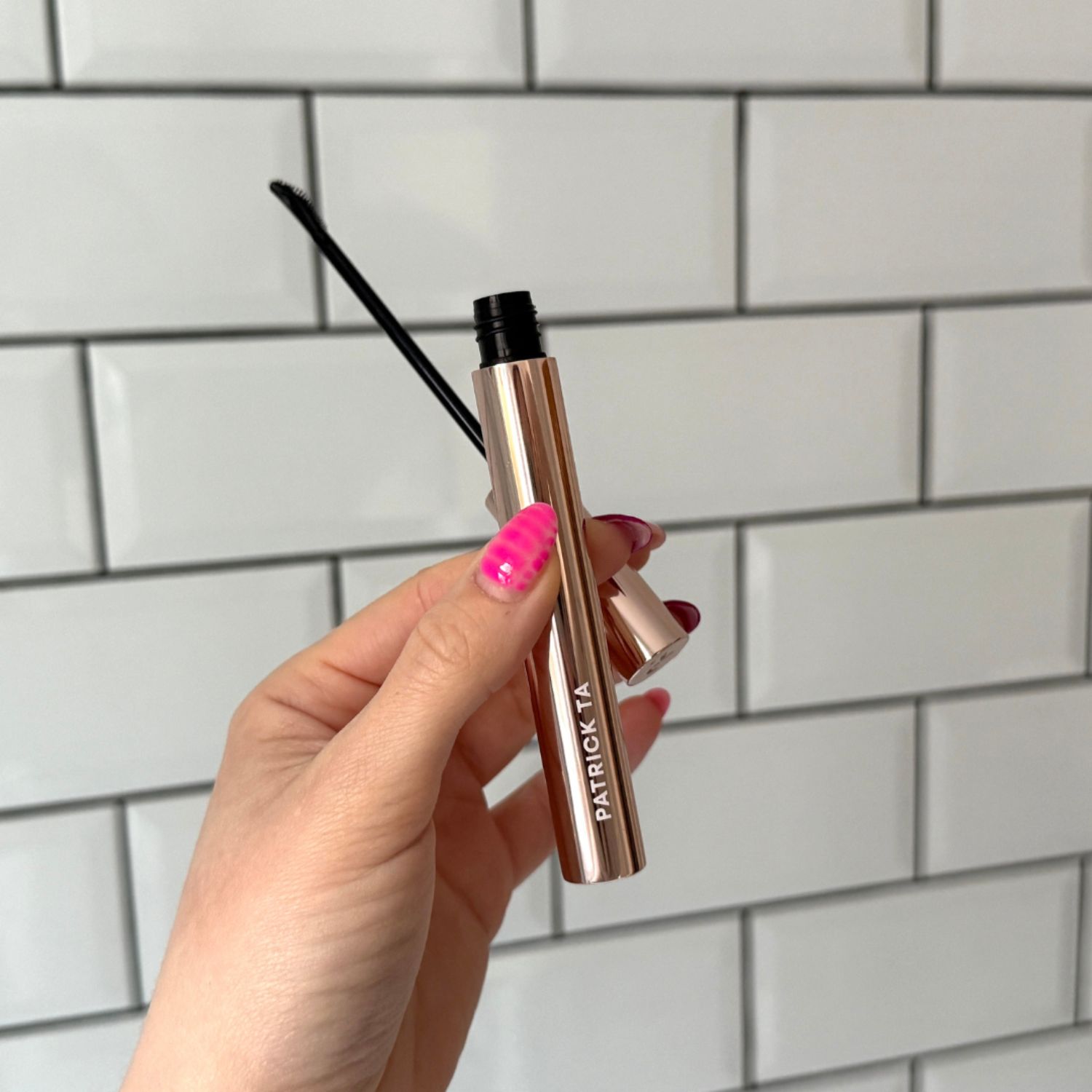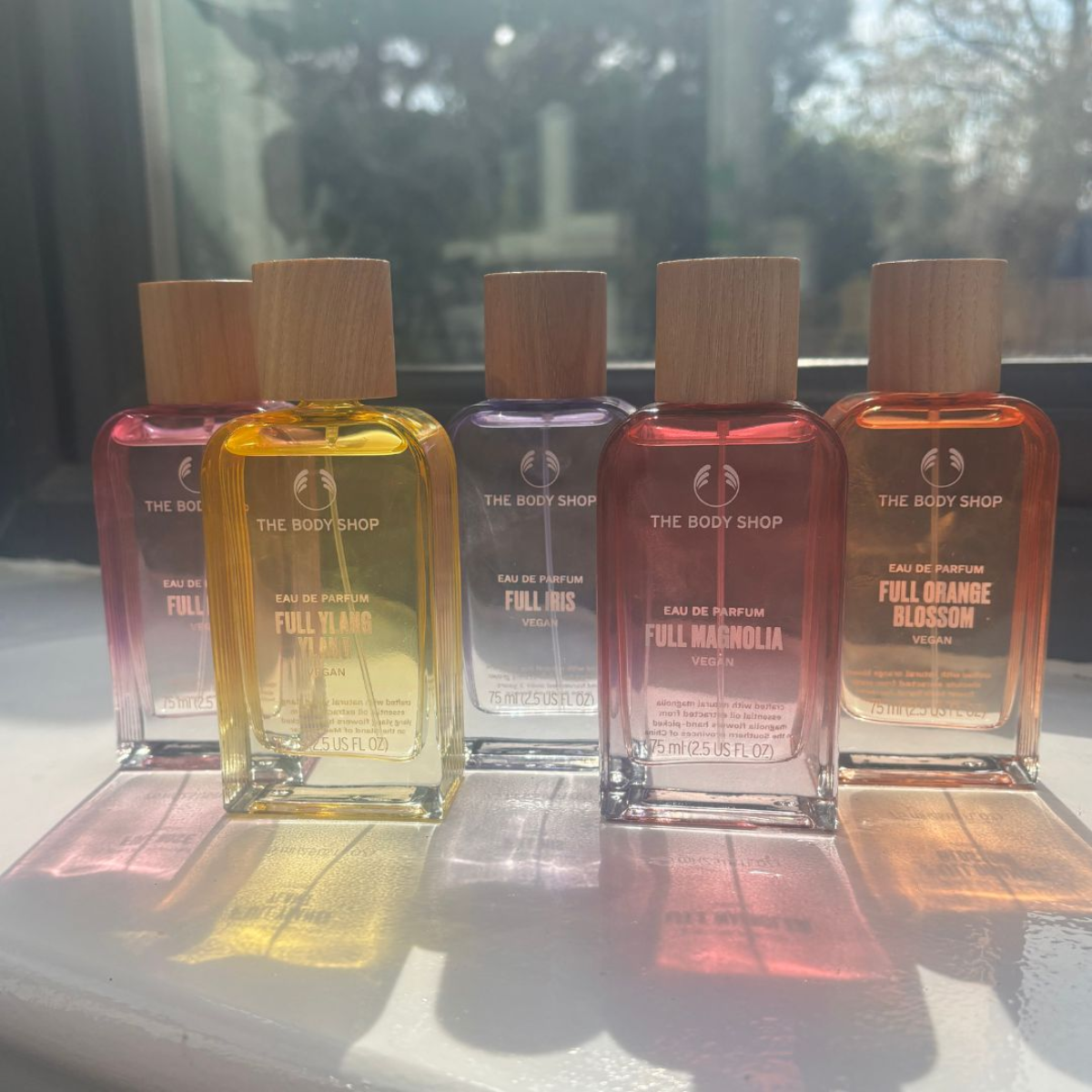Less sleep is better for you
Despite popular belief that eight hours of sleep is key to good health, experts claim broken sleep is better

Despite popular belief that eight hours of sleep is key to good health, experts claim broken sleep is better
Most people believe that eight hours sleep will leave them feeling refreshed, but experts in the area are arguing the case for broken sleep.
Broken night time patterns can help regulate stress, according to historian Roger Ekirch from Virginia Tech, who has been studying sleep for two decades.
Today, most people seem to have adapted quite well to the eight-hour slee rulep, but Mr Ekirch believes many health problems have roots in the body's natural preference for broken sleep.
'For most of evolutionwe slept a certain way,' says sleep psychologist Gregg Jacobs. 'Waking up during the night is part of normal human psychology.'
He explains that sleeping in a consolidated block could be damaging if it makes people who wake up at night anxious, as this anxiety can itself prohibitsleep and is likely to filter into waking life, too.
'Many people wake up at night and panic,' says Russell Foster, a professor of body clock neuroscience at the University of Oxford. 'I tell them what they are experiencing is a throwback to the bi-modal sleep pattern.'
Marie Claire Newsletter
Celebrity news, beauty, fashion advice, and fascinating features, delivered straight to your inbox!
But the majority of doctors still fail to acknowledge that a consolidated eight-hour sleep may be unnatural. 'Over 30 per cent of the medical problems that doctors are faced with stem directly or indirectly from sleep,' says Dr Jacobs.
He suggests that the waking period between sleeps, when people are forced into periods of rest and relaxation, could play an important part in the human capacity to regulate stress naturally.
-
 The viral 75 Medium challenge claims to be a friendlier alternative to the 75 Hard. So what do experts reckon?
The viral 75 Medium challenge claims to be a friendlier alternative to the 75 Hard. So what do experts reckon?Restrictive or effective?
By Katie Sims
-
 This is, without question, the best brow lamination-style gel I've ever used—and it rakes in compliments
This is, without question, the best brow lamination-style gel I've ever used—and it rakes in complimentsIf you like a lasting brushed-up brow look, you need this
By Lucy Abbersteen
-
 This new floral perfume collection is crying out for sunny weather—I can’t believe they’re all this good and under £45
This new floral perfume collection is crying out for sunny weather—I can’t believe they’re all this good and under £45Luxury notes on a budget
By Matilda Stanley